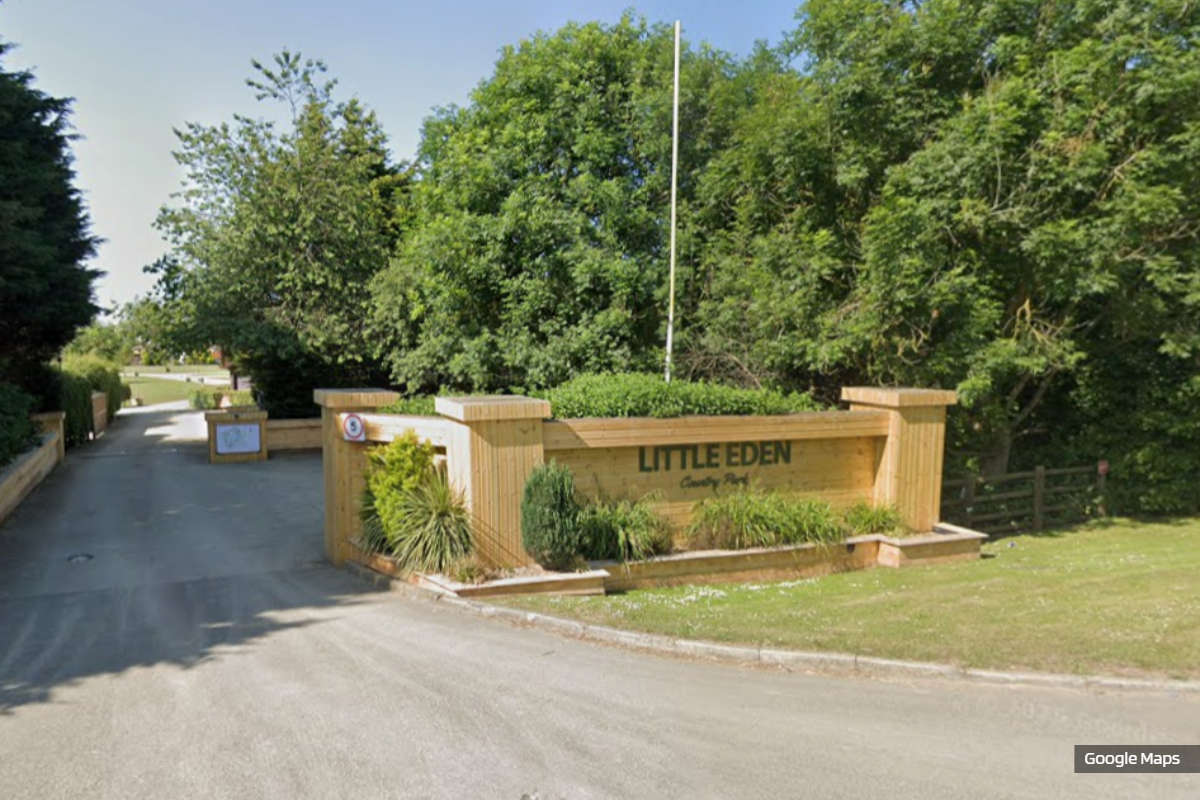
Council services in the East Riding might need a significant shake up in order to deal with mounting financial pressures.
The council has introduced an "Emergency Financial Response" as it tackles a projected shortfall of over £9m this year.
Finance Director - Julian Neilson - says there are difficult decisions to be made including around the size of the organisation.
The East Riding of Yorkshire Council is confronting a stark financial reality, forcing a reassessment of its service delivery and income generation strategies. While recent efforts to curb spending have been implemented, they have proven insufficient to counter the combined pressures of rising social care costs, inflation, and inadequate government funding. This challenging financial landscape, mirrored in local authorities across the country, could necessitate a fundamental shift in how the council operates
Julian Neilson says the authority might need to work differently in the future and look at what services it provides directly.
A report to the authorities Overview Management and Scrutiny Committee meeting, said that past attempts to address budget shortfalls have primarily focused on in-year spending cuts. These measures, such as recruitment freezes and spending controls, have yielded some savings, but not at the scale required to offset the rapid growth in expenditures, particularly within Adult Social Care.
The council faces the unenviable task of balancing its statutory obligations to provide vital services to residents, particularly the most vulnerable, with the need for long-term financial sustainability. This balancing act is further complicated by the significant proportion of the budget allocated to services with non-discretionary spending, such as social care.
Mr Neilson said several measures are being implemented immediately including more centralisation of spending decisions and work to identify currently vacant job roles which could be removed.
The report to the Overview Management and Scrutiny Committee underscores this dilemma, acknowledging that the level of funding provided by the government is "simply insufficient to meet the costs of current demand for local government services". While the council has a responsibility to manage its finances prudently, the report stresses the need for increased government funding to ensure the long-term viability of essential local services.
Recognizing the limitations of its previous approach, the council is exploring alternative strategies to enhance its financial resilience. This involves shifting from a reactive, cost-cutting approach to a more proactive, multi-faceted strategy that encompasses income generation, commercialisation, and a reassessment of service delivery models.
The council's financial reports highlight several key areas of focus:
- Expanding Income Generation: The council is actively exploring ways to increase revenue from its existing services and potentially introduce new revenue streams. This includes reviewing and potentially raising fees for services that are not mandated to be provided for free.
- Commercialisation: The council aims to leverage its assets and expertise to generate income through more commercial ventures.
- Enhancing Efficiency through Technology: The council’s Digital Strategy is increasingly viewed as a critical component of its financial sustainability plan. By leveraging technology, the council aims to streamline processes, improve efficiency, and reduce administrative costs.
- Alternative Service Delivery: The council is exploring alternative service delivery models, including the possibility of outsourcing certain services to external providers. This strategy aims to reduce costs while potentially improving efficiency and service quality.
The council has pledged to engage in open and transparent dialogue with residents about the challenges ahead and the potential impact on services. This collaborative approach will be crucial in garnering public support for necessary changes and ensuring that any adjustments to service delivery are implemented fairly and equitably.




 North Yorkshire Fire Chief: Alarms Not Being Turned Off
North Yorkshire Fire Chief: Alarms Not Being Turned Off
 Scarborough & Whitby MP On Smart Meter Success
Scarborough & Whitby MP On Smart Meter Success
 Scarborough Athletic Star Heading For League One
Scarborough Athletic Star Heading For League One
 Multi-Game Sports Area Plan For Eastfield School
Multi-Game Sports Area Plan For Eastfield School
 Carnaby Holiday Park Deaths: Third Man Arrested As Enquiries Continue
Carnaby Holiday Park Deaths: Third Man Arrested As Enquiries Continue
 Carnaby Deaths: Families Pay Tribute To Tragic Teens
Carnaby Deaths: Families Pay Tribute To Tragic Teens
 East Riding Climate Strategy: We Need To Do More
East Riding Climate Strategy: We Need To Do More
 Scarborough Athletic Stay In Play Offs After Hereford Win
Scarborough Athletic Stay In Play Offs After Hereford Win
 Whitby Town Fight Back For Draw in Bamber Bridge Battle
Whitby Town Fight Back For Draw in Bamber Bridge Battle
 Bridlington Town Six Unbeaten After Latest Victory
Bridlington Town Six Unbeaten After Latest Victory
 Three in Three For Pickering Town Under Heslop
Three in Three For Pickering Town Under Heslop
 Hornsea Hammered in Rotherham Defeat
Hornsea Hammered in Rotherham Defeat








Comments
Add a comment